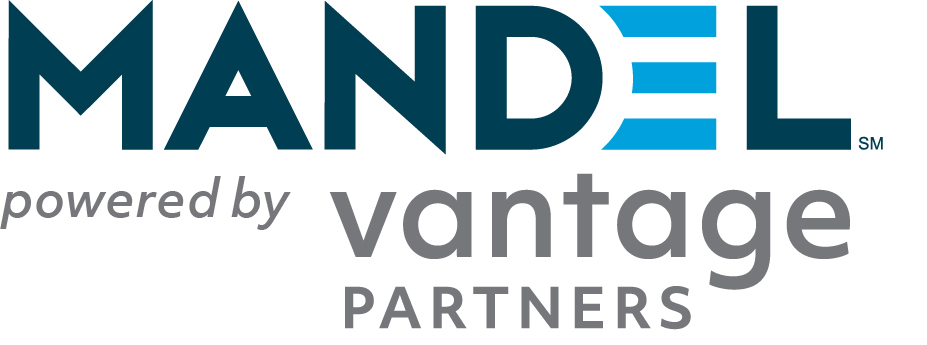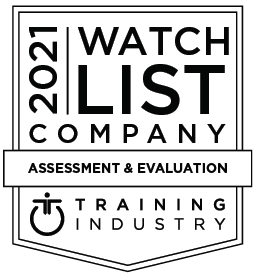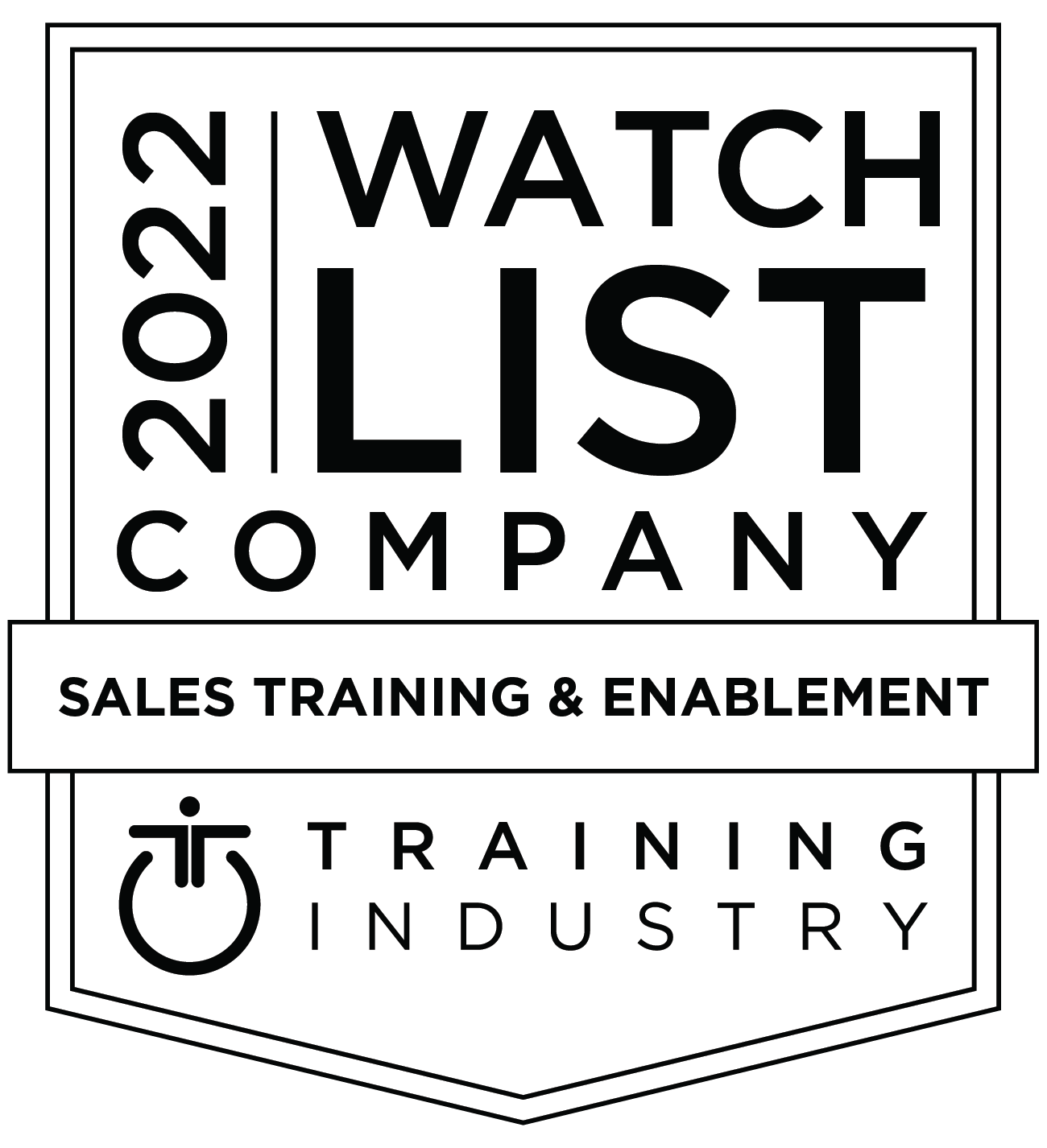I had just returned from ATD’s TechKnowledge Conference, and was sharing with Judith, a wise Mandel trainer, all the exciting possibilities that technology continues to bring to the learning space—and how we at Mandel can leverage them.
She then proceeded to tell me a story that on the surface appeared unrelated but upon reflection was very relevant. It reminded me, once again, not to get seduced by the latest shiny new technology objects and to remain committed to developing balanced learning experiences in the training room.
Judith’s story took place in Paris, where she was leading a Mandel session with a group of Millennials. (Judith lives in Italy, speaks five languages, and delivers training and coaching throughout Europe.) She was setting up for the first day as participants came in. One of them, seeing that there were paper participant materials, got an unhappy look on his face and said, “Don’t you have electronic versions? I’d rather type than write. I don’t have a pen.”
“That’s OK,” Judith replied. “I always carry a box of pens with me, just in case.”
“But I can type so much faster than I can write,” he said.
“Exactly,” she replied.
By this time, more participants had come in and joined the conversation. Many seemed doubtful, so Judith made a deal with them. If at the end of the day they were still struggling with paper and pen, she’d distribute electronic materials.
At Mandel we certainly believe in leveraging technology—from paperless learning environments, to on-line coaching software to data-driven measurement, we use it all. We distribute electronic post-workshop tool kits for all our workshops so participants can use our tools on their devices back on the job. Without a doubt, technology is enhancing and bringing new possibilities to the learning environment.
But in the training room, one size doesn’t fit all. In each new implementation, we weigh the value of using technology versus traditional paper, pen, and whiteboard. In working sessions like ours, we want you to slow down and reflect on your thinking. Writing by hand encourages you to do that.
There’s much debate about the value of writing vs. typing—but one theme that is consistent is that writing requires a more complex cognitive process. Here’s what research shows, as summed up in an article in Scientific American.1 This Princeton and UCLA-sponsored research produced the following points:
- Students (young millennials) who wrote out their notes by hand had a stronger conceptual understanding and were more successful in applying and integrating the material than those who took notes with their laptops.
- Taking notes by hand requires different cognitive processing than taking notes on a laptop. Students cannot write down every word they hear. Instead, they must listen, digest, and summarize so they can succinctly capture the essence of the information.
- In other words, taking notes by hand forces the brain to engage in some heavy “mental lifting,” and these efforts in turn foster comprehension and retention.
Such insights into how people learn complement Mandel’s learn-by-doing approach—creating opportunities for reflection and analysis that help synthesize new learning so it can become a permanent part of your set of skills. Sometimes our learn-by-doing approach requires the latest and greatest technology, and sometimes we rely on our old friends, paper and pen.
Which is why we say: Don’t throw away your pen just yet.
Incidentally, at the end of Day One, and again at the end of Day Two, when Judith asked the participants if they needed to switch to electronic materials, they all said they were good with paper and pen.
1“A Learning Secret: Don’t Take Notes with a Laptop.”










